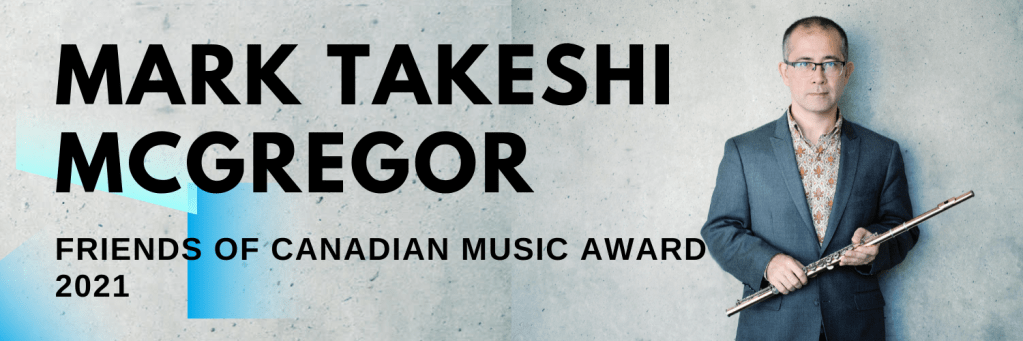Today marks the official release of a recording project that’s very dear to me. André Cormier’s work for ten flutes, –tous facteurs étant égaux, was composed for the Redshift Music event, Échos Fidèles, way back in 2008. This was an event that premiered a number of commissions, meaning we only had time to perform the second movement of André’s piece. Shortly after, the Tempest Flute Ensemble was re-envisioned as an octet, meaning that I would spend the next 15 years wondering what Cormier’s five-movement, 25-minute flute dectet sounded like in its entirety.
Fast-forward to December 2023. I converted my apartment bedroom into a recording studio and began laying down the tracks for –tous facteurs étant égaux. The whole process took several weeks, as I navigated neighbours, garbage trucks, airplanes, and the lunch breaks of the elementary school next door. Each movement of –tous facteurs is conceived as a kind of sonic clock, with an event occurring almost every second. But over the course of five movements, we hear the harmonic complexity collapse in on itself: from the expansive range of the first movement, with its piccolos and alto flutes; to the intensely microtonal fifth movement, where all ten parts cover less than a semitone in range. Moreover, as I slowly multi-track recorded each part, it was fascinating to discover how each movement embodied a different character, from the cheery optimism of the first, to the foreboding urgency of the second, to the claustrophobic (yet weirdly playful) final movement.
I’m indebted to Don Harder, who took my very basic recordings with their dry, unflattering acoustics and transformed them into something that truly sparkles. And of course I have tremendous gratitude to André Cormier and the professional partnership (and friendship) we’ve enjoyed for many years now.
–tous facteurs étant égaux is released on Redshift Records and available on BandCamp and other streaming platforms. You can download the digital booklet HERE.


